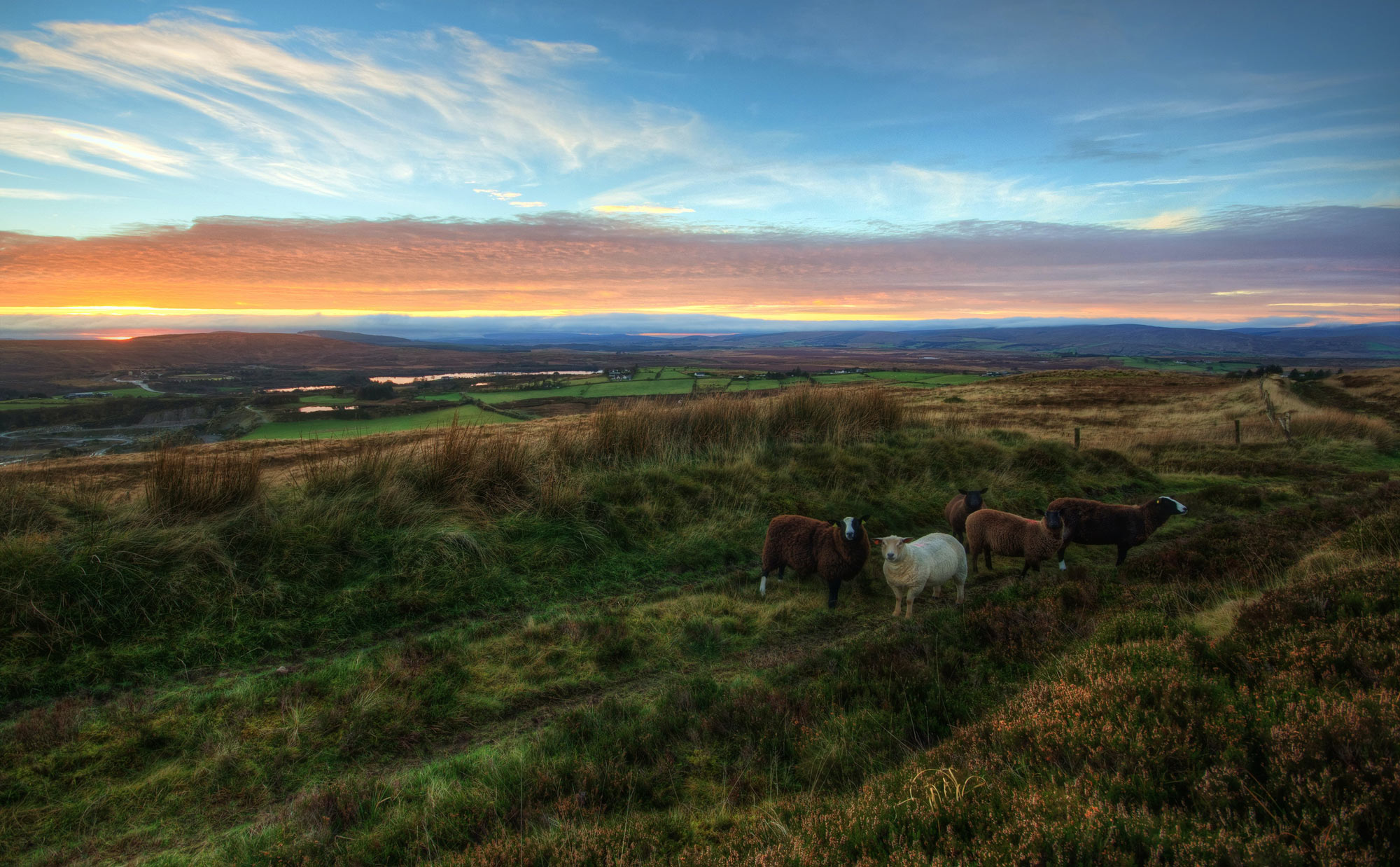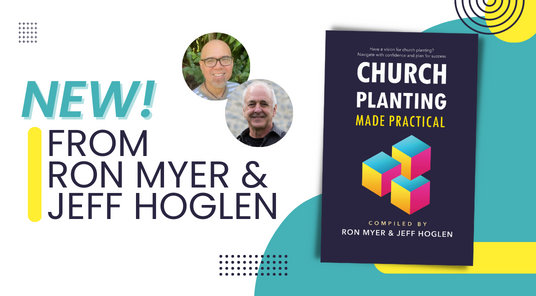No one grows more through a church plant than the planters themselves
by James Krechnyak Jr.
Our call to church planting came over stir-fry food and lattes. During a casual dinner discussion, a church leader reached across the table and said, “God already said to go. We should not ask ‘if,’ but ‘when’ and ‘how.’”
Within a few months, Rachel and I started a monthly prayer meeting in Portlaoise, a town of 20,000 in Ireland, which had no Spirit-filled church. We were no strangers to this town, thirty minutes drive from where we lived; we had prayed there randomly on numerous occasions. Through a series of phone calls, three local people showed up to our first meeting. As the months passed, we added Bible studies, five mission values and a church name. On October 10, 2004, we officially launched with twelve committed people.
We gathered mostly with those who had little experience in our “type” of church. What was lacking in qualifications and training was surpassed in enthusiasm. But as a young family, we were often engulfed with a contradiction between a sense of anticipation that good things were ahead, countered by a sense of isolation and weariness.
During our first year, I had some serious health issues. The pressures had unlocked hidden fears deep within my soul, and what oozed from those emotional sores took its toll on me physically. Through faith and prayer, I was healed over a difficult six-year period.
I was determined to live out what we were trying to impart into other people’s lives. I wanted to be transparent and create an environment, saturated in grace, in which each person would have the confidence to do what we were doing. Multiplication had to start at a grassroots level. As we sought to be intentional about training, empowering and releasing, we were forced to press beyond our resources and comfort. In our fourth year, we renovated a two-story warehouse, three years later planted a second church and more recently have started holding two services. We are anticipating planting at least three more churches during the next few years. Our next major hurdle is transitioning from having planted two churches to becoming a church planting movement.
We often look to dramatic experiences, grandiose vision or major steps as decisive moments in our lives. But more often than not, it is in the context of ordinary faithfulness that God’s Word reaches into the depth of our soul and rocks our world. In retrospect, it is plain to see how during an ordinary dinner discussion, God used the church leader’s admonition to go–and not ask “if” but “when.” We even see how God orchestrated our childhoods as preparation for our ministry.
When I was about five years old, my parents stepped out of lapsed Catholicism into a burning passion for Jesus during the Charismatic Movement. I do not remember when I became a Christian. I find it hard to remember when Jesus was not part of my life. My childhood relationship with God was labeled by classmates in the sarcastically affectionate nickname “Pope James.” In some curious fashion, my nickname foreshadowed the path my life would take. Little did I know that in Ireland, my future bride was having her own personal experiences with God, lining her teddies in rows and delivering fiery sermons to them.
At age fifteen, I watched with bated breath and intrigue as the first sledgehammer blow struck the Berlin Wall. Five years later, I took my first mission trip to war–torn Croatia, resulting in changing my course of study in Bible College. Outreaches followed: In 1994, Romania; 1995, Jamaica; 1996, Hungary, Serbia, and Croatia.
In 1999, with my bride-to-be, whom I met in Youth With A Mission, we poised ourselves to move to her homeland. A generation after my mother immigrated to America as a refugee from Hungary post World War II, I was immigrating from America to Europe, simply determined by simple obedience to give it a few years and see what happens. Four years later, we had that life-altering dinner conversation.
We have learned that no one grows more through a church plant than the planters themselves. In hindsight, the deepest lessons have been those of greater dependency on God. We want to live in love with one another, and yet we do not want our discipleship community to be the primary focus. The focus should continue to be reaching out to the unchurched. Our failures and mistakes, those things we would love to avoid, have been keys to greater humility and interdependence within our community. For that reason, we would change nothing. If anything, we are compelled to trust God in greater measure, relax more with who we are, and embrace the process of getting to where we are going. In our weakness, His strength shines through!


